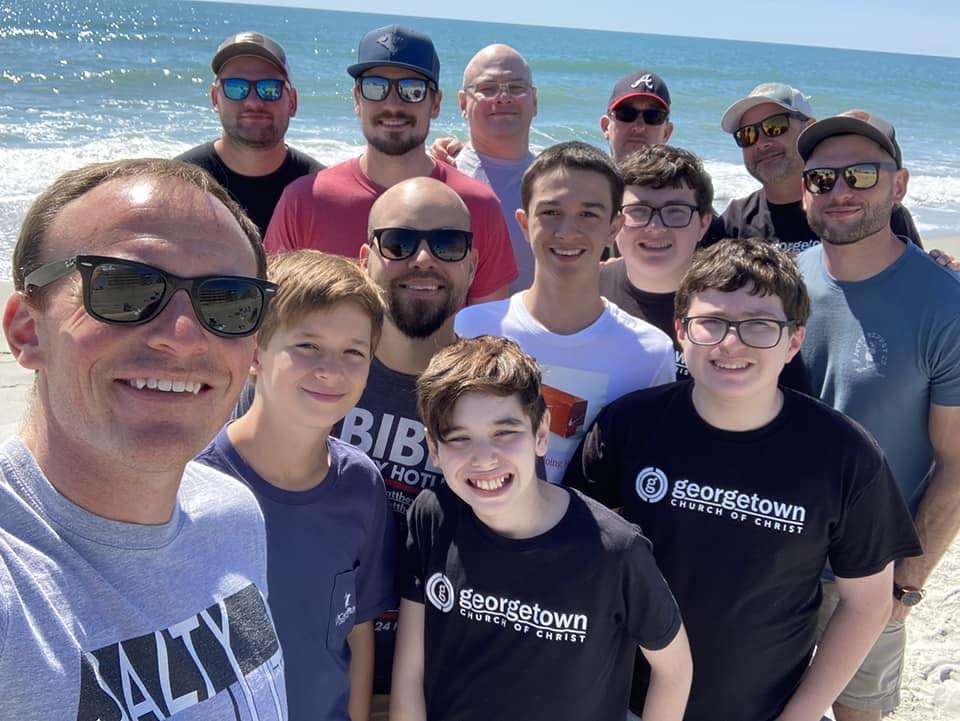LOST! Translated from the Greek word appolumi, being lost is about more than not knowing where you are geographically. It means to be ruined. That is what sin – living differently than God’s design – does to us.
When God looks at us, He sees sheep that are lost, straying, injured, and weak; and as the Good Shepherd, He wants to seek us, bring us back, bind our wounds, and give us strength (Ezekiel 34:16). This is why Jesus came: “to seek and to save the lost” (Luke 19:10). Every time a wanderer comes home, there is a huge celebration: “Rejoice with me, for I have found my sheep that was lost” (Luke 15:6). Saving the lost means so much to God that He rejoices when just one lost soul is found (Matthew 18:13-14).
God prepares and empowers us to be witnesses of all that His Son Jesus has accomplished. Part of this is learning to see people like He does and to want what He wants for them.
Last week, we thought about how we have shared Jesus recently and things that hold us back from sharing more. One of those things can be focus: we just don’t think of sharing Jesus in all of the busyness of life. This week, we will start getting focused by doing the following activities. You can listen to our sermon and then print and complete this post to start applying it.
Write down what Jesus says in Matthew 9:38 in the space below. Every day this week, pray these words.
Make a list of specific people in your life with whom you could share Jesus and pray for them.





